SPEAKERS
Speakers at the BrainMind Summit are chosen for their uniquely disruptive contributions to their respective fields. All speakers are available to engage with Summit participants. Speakers delivering mainstage talks will also be hosting intimate roundtable discussions over lunch and during the afternoon program.
BrainMind Summit 2023 Speakers:
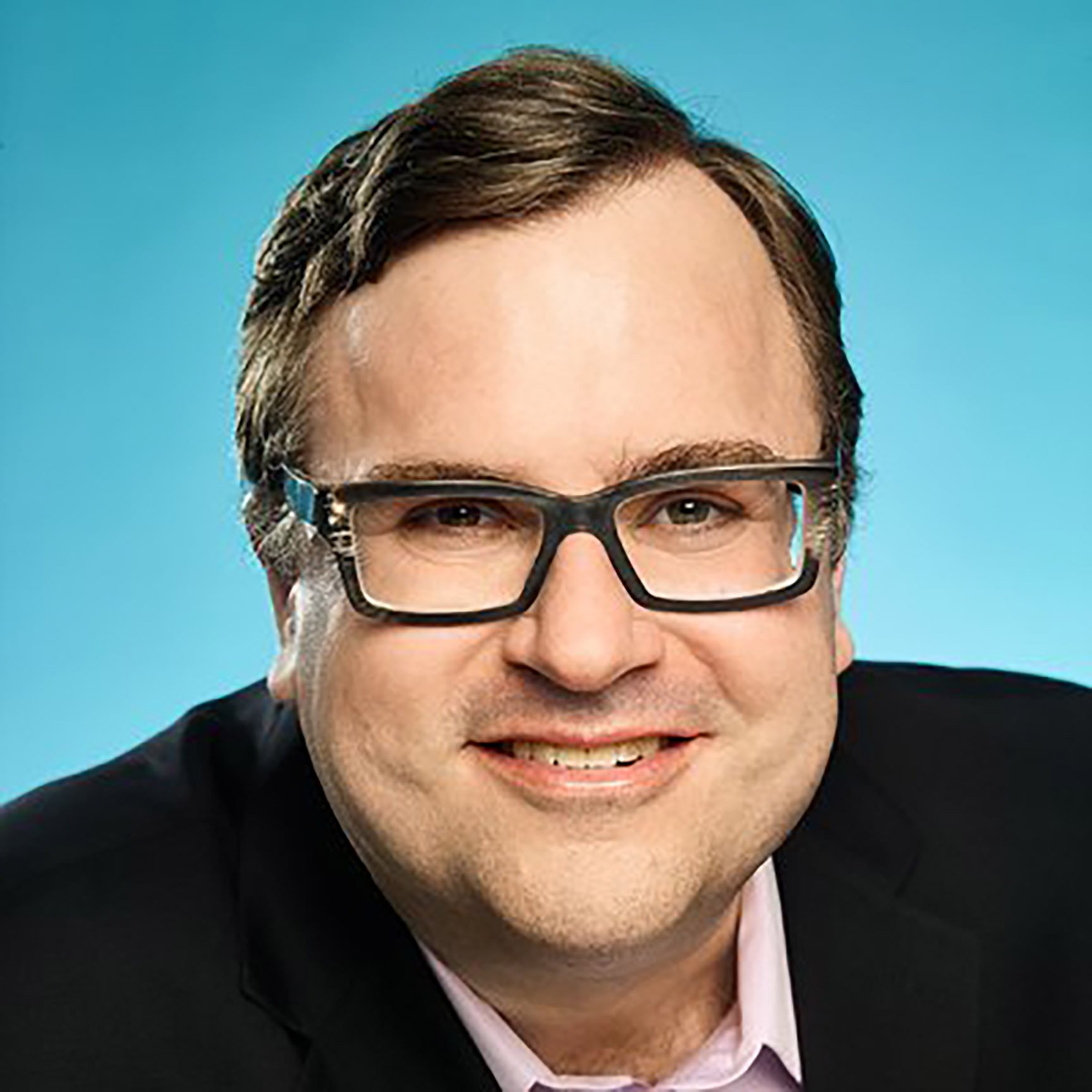
Reid is a Silicon Valley stalwart in the modern technology world. An accomplished entrepreneur and executive, he played an integral role in building many of today’s leading consumer technology businesses, including LinkedIn and PayPal. As an investor, he has been instrumental in the success of iconic companies such as Facebook and Airbnb and has helped fast-growing startups like Aurora and Convoy get to scale.
Beyond startups and technology, Reid has a wide range of interests, including politics, board games, science fiction, philosophy, and philanthropy. He serves on several not-for-profit boards, including Kiva, Endeavor, CZI Biohub, the Berggruen Institute, New America, the Stanford Institute for Human-Centered AI, and the MacArthur Foundation’s Lever for Change. Reid has received various awards for his philanthropic work, including an honorary CBE from the Queen of England and the Salute to Greatness Award from the Martin Luther King Center.
Reid Hoffman, Greylock
Future of AI, Scaling Social Impact

Elissa Epel, Ph.D, is a Professor and Vice Chair in the Department of Psychiatry, at University of California, San Francisco. She is an international expert on stress, well-being, and optimal aging and a best-selling author. She studies the environmental, psychological, behavioral, and social factors that impact cellular aging (such as telomeres, inflammation, and mitochondria), and is also focusing on climate wellness. She studies how self-care practices such as meditation and positive stress can promote psychological and physiological thriving and is interested in large-scale interventions for communal well-being and health equity. She co-wrote the New York Times best-seller “The Telomere Effect: A revolutionary approach to living younger, longer” with Nobel Laureate Elizabeth Blackburn (translated into 30 languages) and the new “Stress Prescription,” an independent bookstore best seller. She enjoys leading science-based meditation retreats. Epel is a member of the National Academy of Medicine, current President of the Academy of Behavioral Medicine Research, and co-chair of the Mind & Life Institute Steering Council. She has served as a consultant to NIH, CDC, Facebook, Apple, United Health, and UC campus-wide initiatives on stress and health. Epel’s research has been featured in venues such as TEDMED, Wisdom 2.0, NBC’s Today Show, CBS’s Morning Show, 60 minutes, National Public Radio, New York Times, Wall Street Journal, and science documentaries. In 2022, she was named as a highly cited researcher, among the top .1% of researchers globally (based on publication impact).
Elissa Epel, UCSF
Positive Stress, Well-being, Optimal aging, Climate Wellness
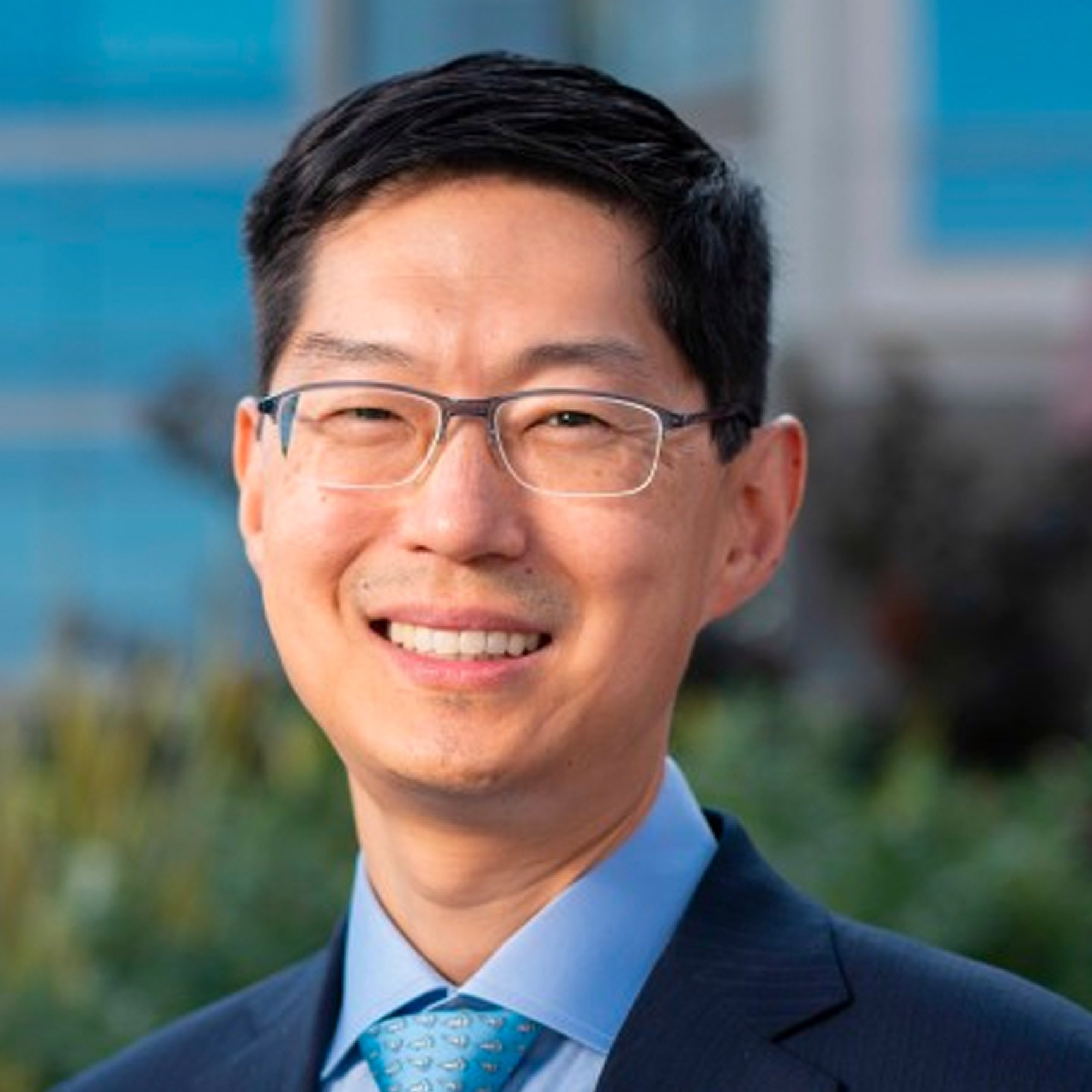
Dr. Lim is the Chair of the Department of Neurosurgery and a board-certified neurosurgeon specializing in brain tumors and trigeminal neuralgia. Dr. Lim’s clinical interests include the treatment of benign and malignant brain tumors, with special interest in gliomas, meningiomas, metastatic tumors, and skull base tumors. Dr. Lim also specializes in surgical treatments for trigeminal neuralgia. During his time at Johns Hopkins, Dr. Lim built one of the largest brain tumor and trigeminal neuralgia practices and utilized the most advanced surgical technologies and techniques for his patients. As a passionate voice for patient experience, he has been recognized by his peers and patients for his integrity and compassionate care, including a Service Excellence Award from HealthNetwork Foundation. As a mentor, he has garnered numerous teaching awards, including being honored as an outstanding teacher by Johns Hopkins University School of Medicine. He is actively involved in shaping education for neurosurgery and oncology across the United States and around the world. Dr. Lim’s research interests focus on harnessing the immune system to fight cancer. His laboratory focuses on understanding mechanisms of immune evasion by cancer cells. He has successfully translated his findings from the laboratory to the clinics and has conducted and led several large national immunotherapy clinical trials for brain tumors.Dr. Lim is a world leader in immunotherapy for brain tumors. In addition to being invited world-wide to give lectures and seminars, he has given platform presentations on the topics of immunotherapy for brain tumors, neurosurgical techniques and management of brain tumors at the American Society of Clinical Oncologists, American Academy of Neurological Surgeons, Radiological Society of North America, Annual Symposium on Brain and Spine Metastases, Congress of Neurological Surgeons, and other meetings. In addition, he has served as platform chairman of the CNS session at the American Society for Clinical Oncology conference
Michael Lim, Stanford
Brain Tumors, Trigeminal Neuralgia, Immunotherapy
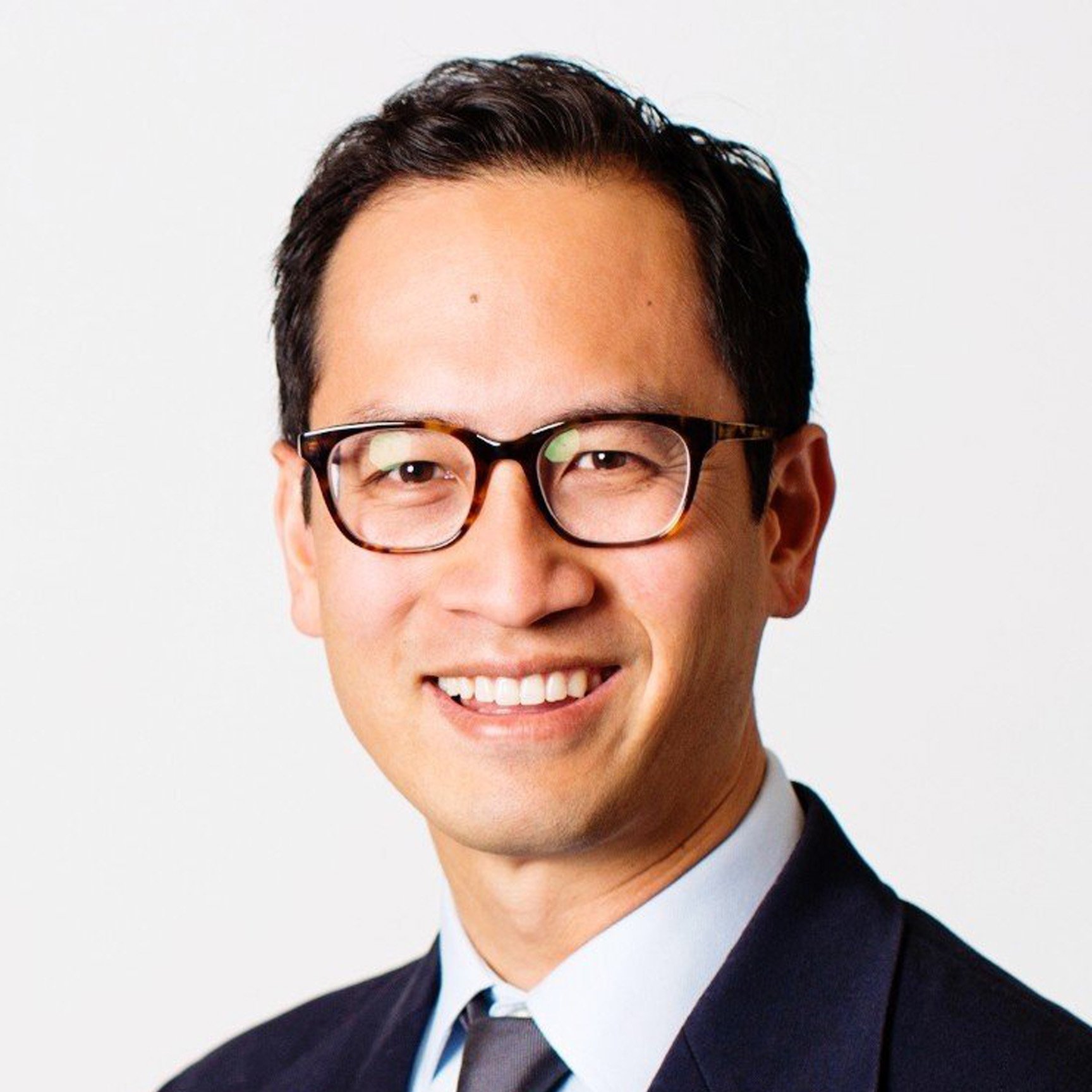
Dr. Edward Chang is a neurosurgeon who treats adults with difficult-to-control epilepsy, brain tumors, trigeminal neuralgia, hemifacial spasm and movemebt disorders. He specializes in advanced brain mapping methods to preserve crucial areas for speech and motor functions in the brain. He also has extensive experience with implantable devices that stimulate specific nerves to relieve seizure, movement, pain, and other disorders. Chang's research focuses on the brain mechanisms of speech, movement and human emotion. He co-directs the Center for Neural Engineering and Prostheses, a collaborative enterprise of UCSF and the University of California, Berkeley.
Eddie Chang, UCSF
Brain Tumor, Epilepsy, Brain Computer Interfacing
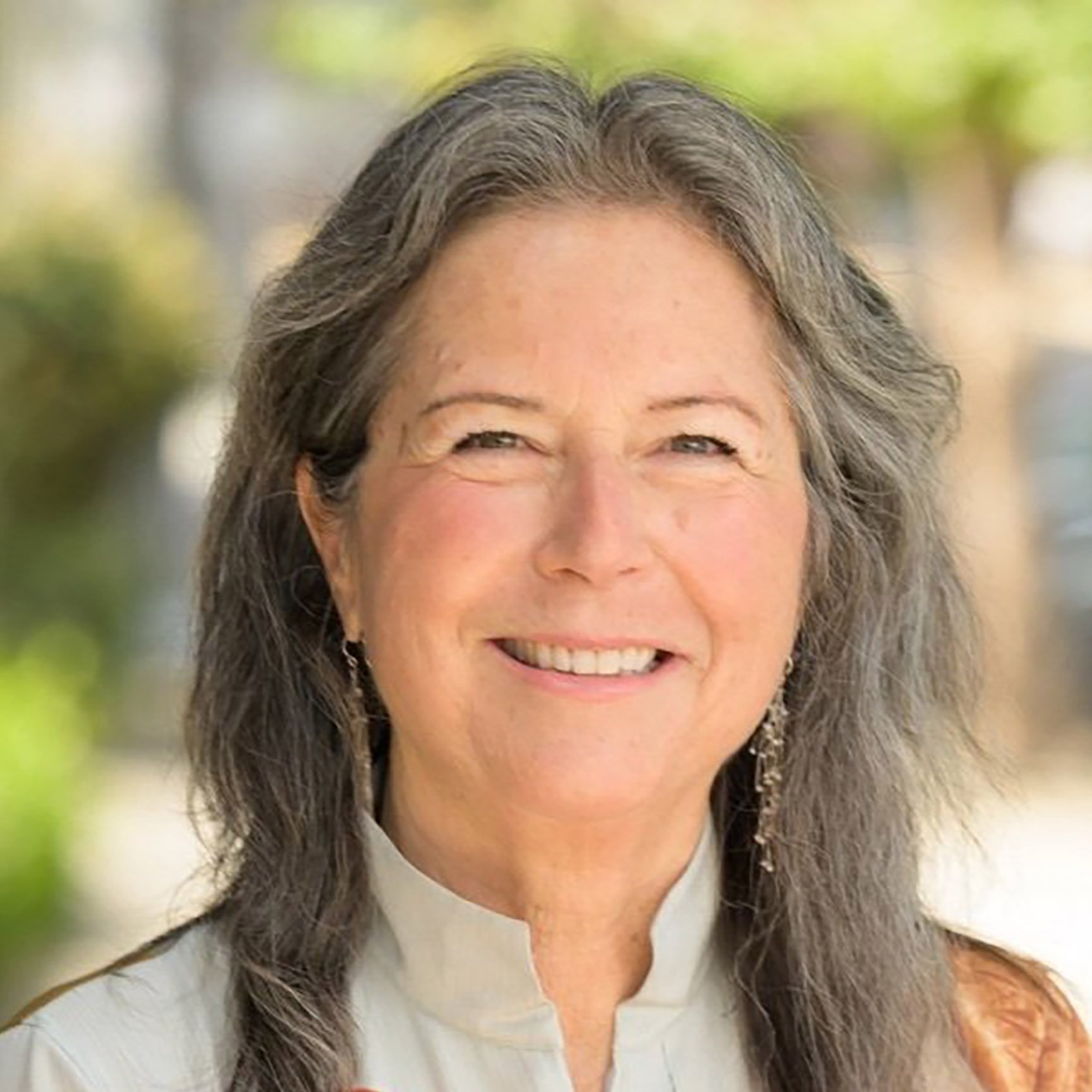
Ivy Ross is an American business executive and jewelry designer. Ross’s metal work in jewelry design is in the permanent collections of 12 international museums, including the Smithsonian in Washington D.C.. Ross is the vice president of hardware design at Google. Ivy and her team created the design language for the Google hardware products that launched in 2017, winning over 240 design awards over the last three years. Business Insider recently named her one of the 15 Most Powerful Women at Google. One of few recognized fine artists to successfully crossover into the business world, Ross is also a keynote speaker, a member of several boards, and has been hailed as a “creative visionary” by the art world.
Ivy draws on her background in wide-ranging fields including sound therapy, quantum physics, psychology, and play. One of her most notable innovations is Project Platypus, an experimental design initiative where a core team develops a new brand in an enriched environment over three months; the model has been adopted by Mattel (where she was formerly head of innovation) and Procter & Gamble (on whose design board she served). She also served on the Vatican’s Arts and Technology Commission and judged the 2017 Spark Design Awards, the 2018 Core 77 awards, Dezeen Design Awards 2020, Frame Design Awards 2020, Design Leader of the Year Awards 2020, and the Fast Company Design Awards.
Ivy Ross, Google
Incorporating Neuroscience in Design, Sustainable Innovation
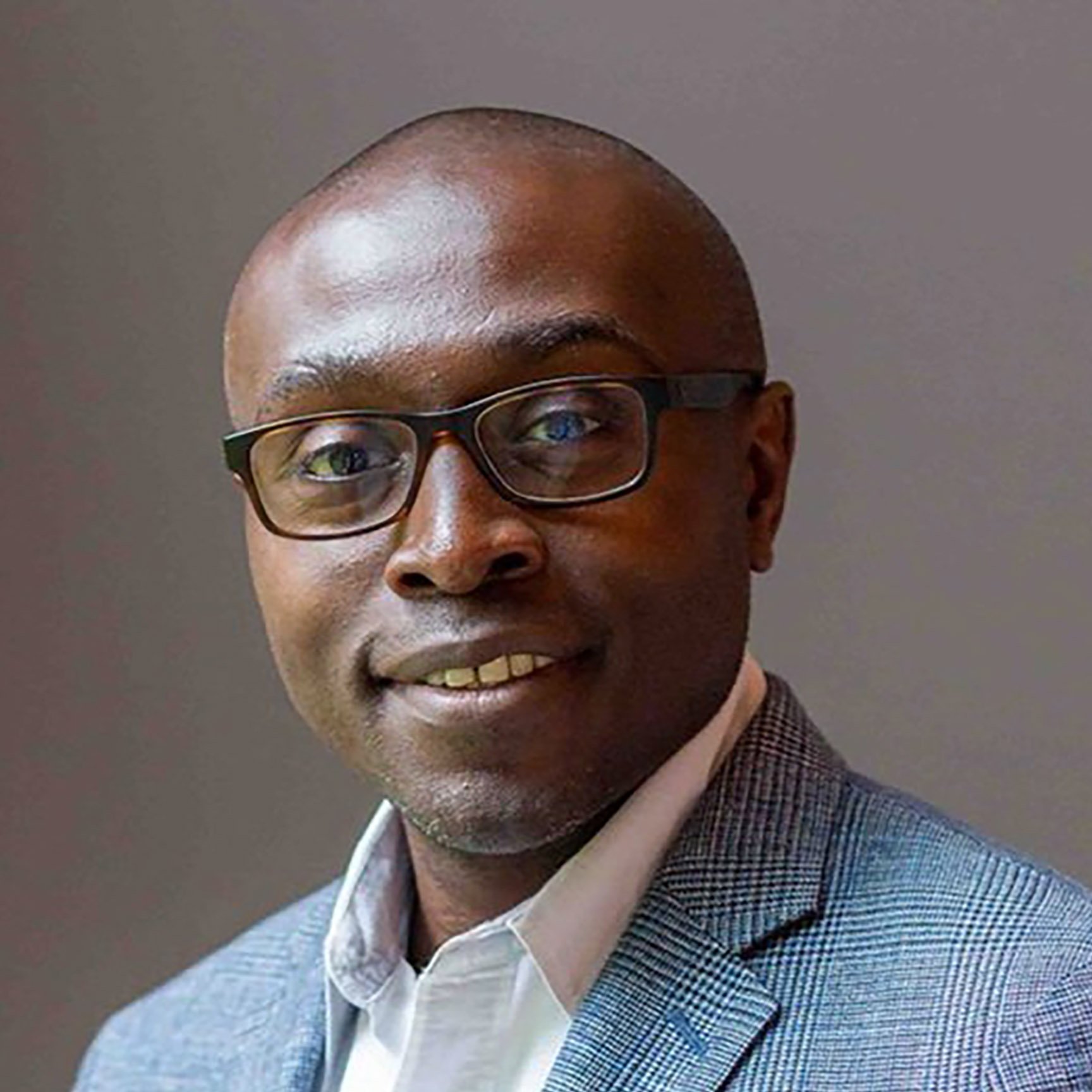
Dr. Shawn Hervey-Jumper is a neurosurgeon with subspecialty focus on neuro-oncology. As an adult neurosurgeon and researcher his clinical efforts are focused on the surgical management of patients with intrinsic brain tumors such as glioma and brain metastasis within deep seated and functional regions of the brain responsible for language, motor, and cognition. His clinical practice also includes management of patients with meningiomas, and skull base brain tumors. Dr. Hervey-Jumper serves as Co-Director of the Sheri Sobrato Brisson Brain Cancer Survivorship Program which offers neurosurgery, neuro-oncology, physical medicine and rehabilitation, neuropsychology, and speech pathology multidisciplinary services to adult brain tumor patients.
Shawn Hervey-Jumper, UCSF
Neuro-Oncology, Awake Craniotomy, Intrinsic Brain Tumors
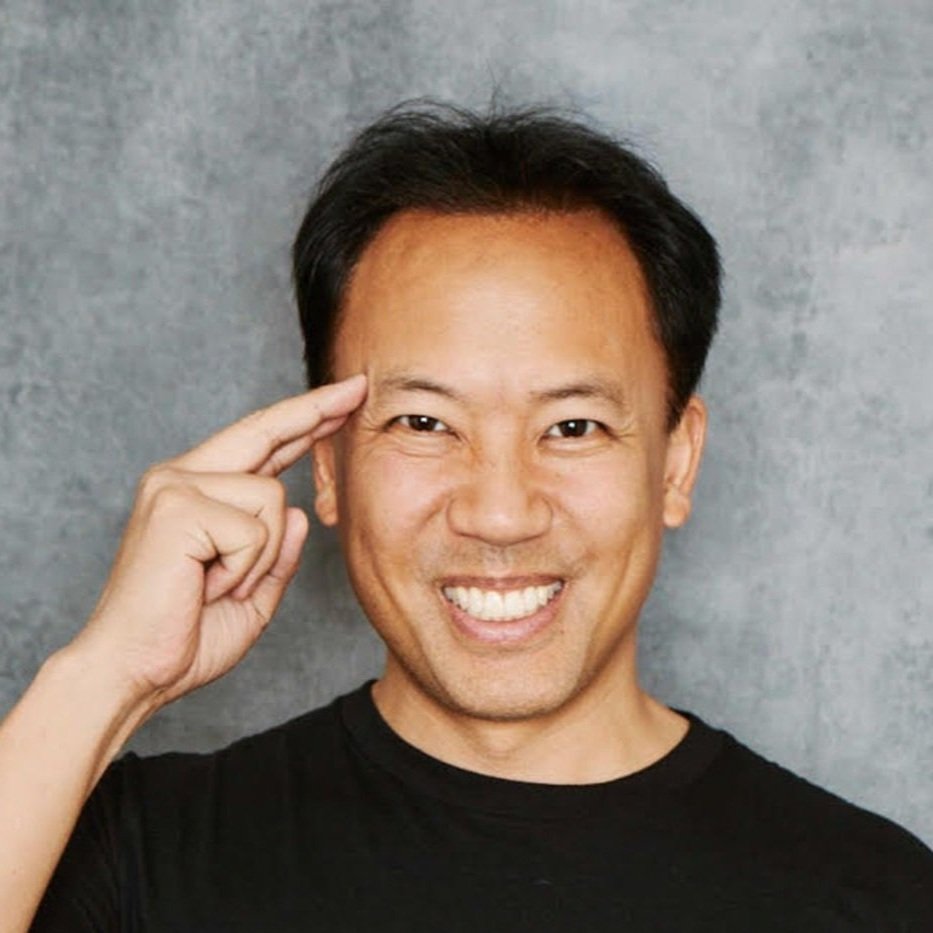
Jim Kwik, his real name, is a widely recognized world expert in brain performance, mental fitness and memory improvement. After a childhood brain injury left him with learning challenges, Kwik created strategies to dramatically enhance his cognitive performance. He has since dedicated his life to helping others unleash their true genius and brainpower. He is Founder of Kwik Learning, the premiere online accelerated learning academy with students in 195 countries. His clients include Google, Virgin, Nike, Zappos, WordPress, Cleveland Clinic, U.S. Airforce, Caltech, Harvard and Singularity University. Kwik is the author of the NY Times and #1 WSJ bestseller: “Limitless - Upgrade Your Brain, Learn Anything Faster, Unlock Your Exceptional Life.” He is the host of the acclaimed “Kwik Brain” podcast, which is consistently the top educational training show on iTunes with tens of millions of downloads. His mission: No brain left behind.
Jim Kwik, Kwik Brain Universe
Brain Optimization, Mental Performance, Power of Mind

Susan is an accomplished learning expert and program architect. With over 35 years experience in developing effective learning programs rooted in the science of learning, Susan is an active member of the brain sciences research, arts, education and social impact communities. She currently serves as Executive Director of the International Arts and Mind Lab at the Brain Science Institute at Johns Hopkins University. She is also the senior advisor to the Science of Learning Institute at Johns Hopkins University. Susan’s approach to creating effective translational models combine interdisciplinary, evidence-based research with practical, applicable ideas and programs. She brings together scientists, educators, families, psychologists, advocates, policymakers, educational media, technologists, and others to share their perspectives and expertise on education, family life, and other topics. This work has resulted in successful impact-based work.
Susan Magsamen, Johns Hopkins
Translational Models, Neuro-Aesthetics, Mind and Art
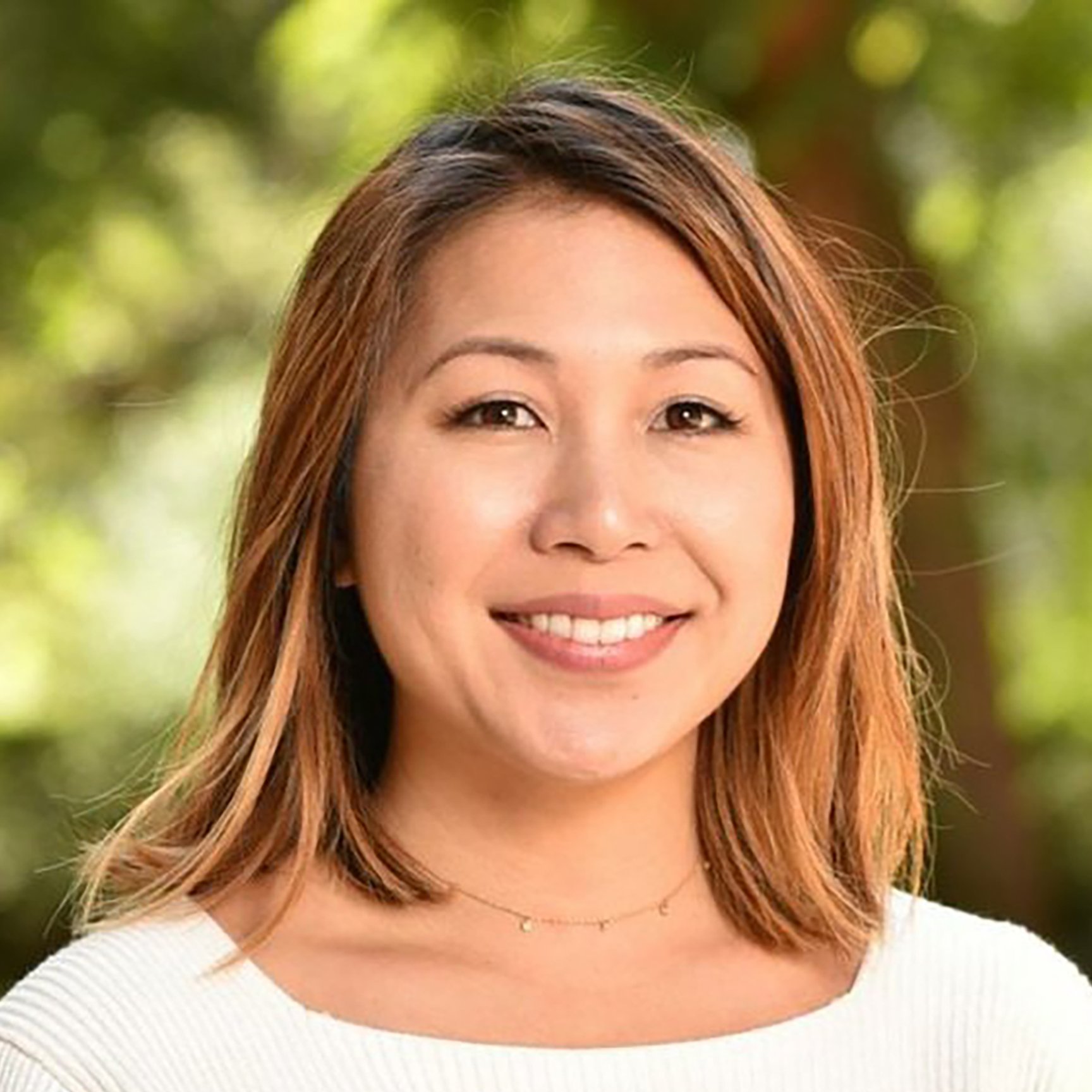
Elaine is an Associate Professor at UCLA, where she is interested in all things microbial, neural and immune. She completed her B.S. in Microbiology, Immunology and Molecular Genetics at UCLA, which sparked her love for molecular biology and bacteria. She went on to complete her Ph.D. in Neurobiology at Caltech, where she studied the neurobiological bases of autism and schizophrenia, with a focus on maternal effects on fetal development, and neuroimmune and microbial contributions to behavioral disorders. Inspired by the amazing and complex interactions between body systems, the Hsiao laboratory is investigating how “peripheral” changes in the immune system and resident microbiota impact the nervous system.
Despite findings supporting a “microbiome-gut-brain axis”, the molecular and cellular mechanisms that underlie interactions between the gut microbiota and brain remain poorly understood. To uncover these, the Hsiao laboratory is mining the human microbiota for microbial modulators of host neuroactive molecules, investigating the impact of microbiota-immune system interactions on neurodevelopment and examining the microbiome as an interface between gene-environment interactions in neurological diseases. They aim to dissect biological circuits for communication between the gut microbiota and nervous system, toward understanding fundamental biological pathways that influence brain and behavior.
Elaine Hsiao, UCLA
Microbiome, Gut-Brain Axis, Neuroimmunology
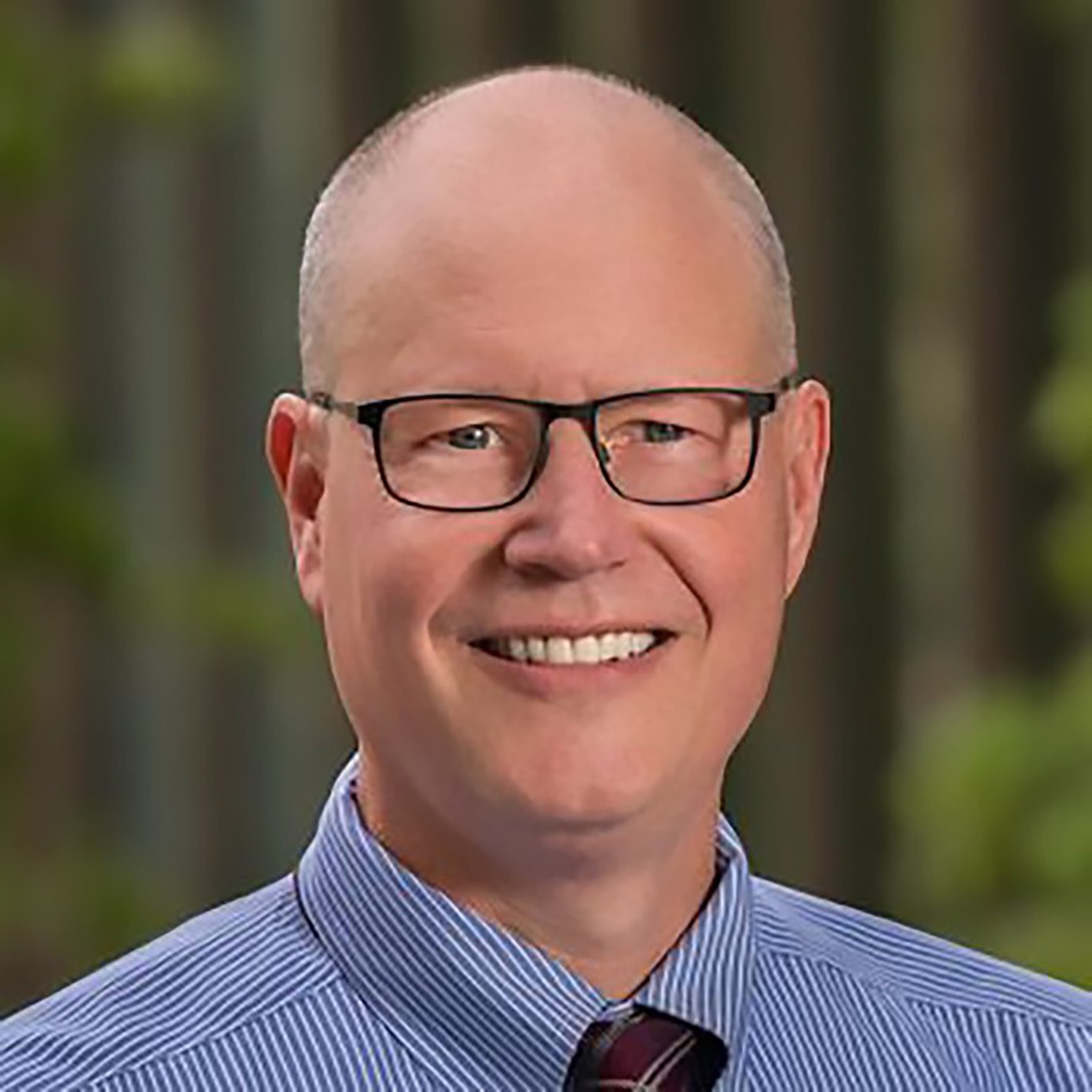
Jaimie Henderson, M.D. is director of the Stanford program in Stereotactic and Functional Neurosurgery and the Stanford Neural Prosthetics Translational Laboratory (NPTL). His research interests encompass several areas of stereotactic and functional neurosurgery, including frameless stereotactic approaches for therapy delivery to deep brain nuclei; mechanisms of action of deep brain stimulation; cortical physiology and its relationship to normal and pathological movement; neural prostheses; and the development of novel neuromodulatory techniques for the treatment of neurological diseases.
During his residency in the early 1990’s, Dr. Henderson was intimately involved with the development of the new field of image-guided surgery. This innovative technology has revolutionized the practice of neurosurgery, allowing for safer and more effective operations with reduced operating time. Dr. Henderson remains one of the world’s foremost experts on the application of image-guided surgical techniques to functional neurosurgical procedures such as the placement of deep brain stimulators for movement disorders, epilepsy, pain, and psychiatric diseases. His work with NPTL focuses on the creation of clinically viable interfaces between the human brain and prosthetic devices to assist people with severe neurological disability.
Jaimie Henderson, Stanford
Neural Prosthetics, Stereotactic and Functional Neurosurgery

Dr. Mason is an Associate Professor of Psychiatry in Residence, Core Research Faculty at the Osher Center for Integrative Health, and Licensed Clinical Psychologist. She directs the Sleep, Eating and Affect (SEA) laboratory at the UCSF Osher Center for Integrative Health, and co-directs the UCSF Center for Obesity Assessment, Study, and Treatment (COAST) at the UCSF Center for Health and Community. Dr. Mason earned a master's degree and a doctorate in clinical psychology from The University of Arizona; completed a predoctoral clinical internship at the Veterans Affairs Palo Alto Health Care System; and then completed a National Institutes of Health (NIH)-funded T32 postdoctoral fellowship at the UCSF Osher Center for Integrative Health (Training in Research in Integrative Medicine; TRIM) prior to joining UCSF as Faculty in 2016.
Dr. Mason is funded by the NIH, US Department of Defense (DOD), and philanthropic organizations. Dr. Mason's research program broadly focuses on developing mind-body, non-pharmacological treatments for mental health disorders. Dr. Mason is currently conducting and involved in several research trials at UCSF and other universities. Among these trials is Dr. Mason's clinical trial at UCSF that focuses on developing a mind-body intervention for the treatment of major depressive disorder; this treatment combines psychotherapy with whole-body hyperthermia (sauna-style treatments). Dr. Mason also focuses on developing assessment and non-pharmacological treatments for stress-induced and reward-based eating, in particular among individuals with Type 2 Diabetes and overweight or obesity. During the COVID-19 pandemic, Dr. Mason conducted DOD-funded research with more than 65,000 people worldwide to assess the potential of off-the-shelf wearable devices to detect COVID-19 symptoms. Dr. Mason is now leveraging this large dataset to develop algorithms (using the wearables-collected physiological data) to detect depression, anxiety, and post-traumatic stress symptoms. Dr. Mason spends the vast majority of her time conducing this research, however, she also treats patients with intractable insomnia in the UCSF Osher Center Sleep Treatment Clinic.
Ashley Mason, UCSF
Mental Health Biomarkers, Non-drug treatments for Depression, Insomnia

Jack L. Feldman is an American neuroscientist and Distinguished Professor of Neurobiology at the University of California, Los Angeles (UCLA). He is pioneer and world leader in understanding the generation and control of breathing. His research contributions include elucidating the mechanisms underlying generation of the rhythm of breathing and of sighing, and how changes in breathing pattern can affect emotion and cognition. He discovered (and named) the preBötzinger Complex, an area in the brain stem that generates and controls inspiration, and the retrotrapezoid nucleus, a brain stem area the generates and controls expiratory movements as well as sensing carbon dioxide to regulate ventilation. These discoveries represent the foundational paradigm for our current understanding of the generation of breathing pattern. The role of the preBötC is presented in textbooks and routinely taught to graduate and medical students. Feldman was the recipient of the prestigious Hodgkin–Huxley–Katz Prize from the Physiological Society in 2017. The considerable influence of Feldman’s ideas is evident in numerous highly cited review, textbook chapters, online lectures, and podcasts that also communicate the state of the art to neuroscientists and physiologists as well as to those outside academia.
Jack Feldman, UCLA
Breathing Mechanism and Generation, Emotion, Cognition
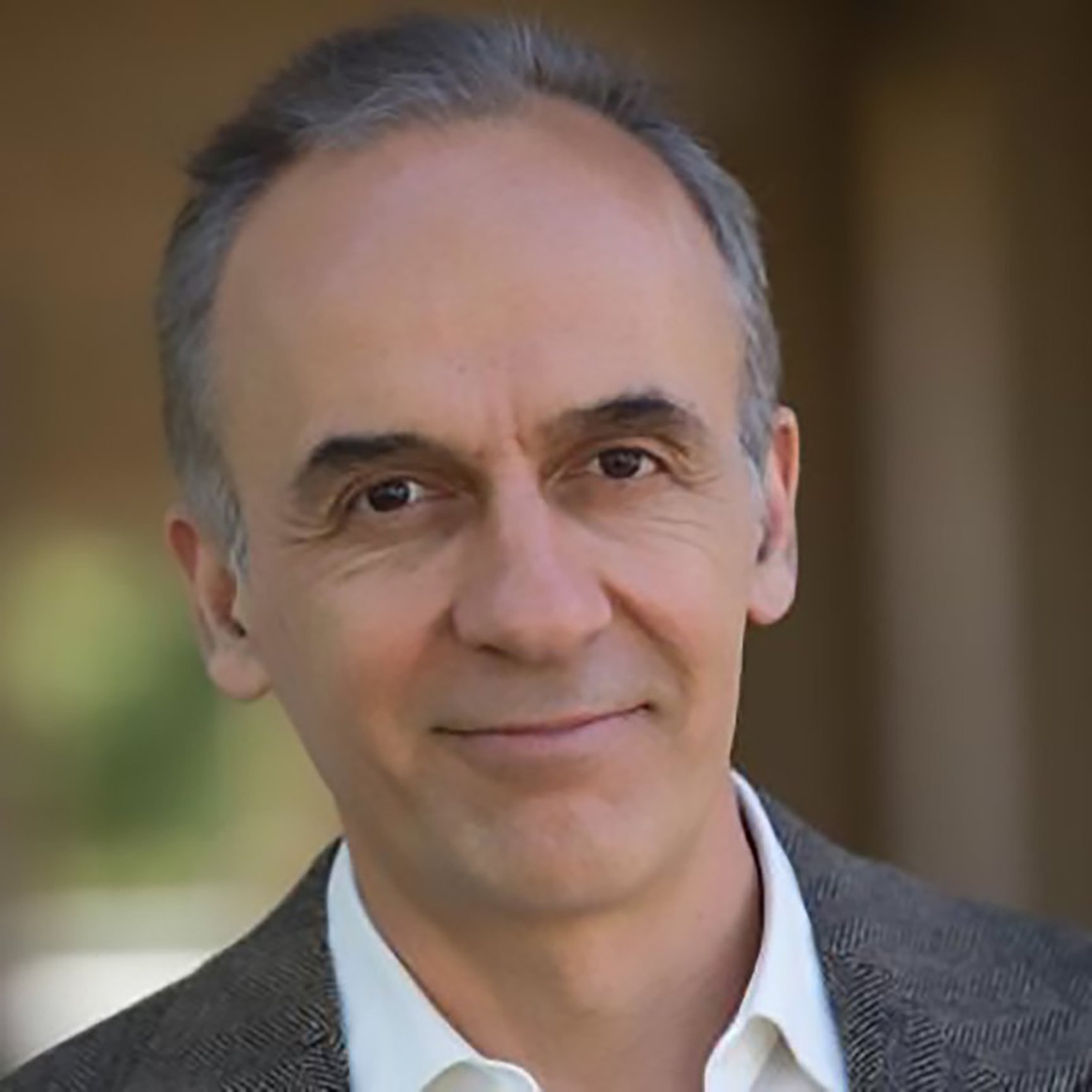
E.J. Chichilnisky is the John R. Adler Professor of Neurosurgery, and Professor of Ophthalmology, at Stanford University, where he has worked since 2013. Previously, he worked at the Salk Institute for Biological Studies for 15 years. He received his B.A. in Mathematics from Princeton University, and his M.S. in mathematics and Ph.D. in neuroscience from Stanford University. His research has focused on understanding the spatiotemporal patterns of electrical activity in the retina that convey visual information to the brain, and their origins in retinal circuitry, using large-scale multi-electrode recordings. His ongoing work now focuses on using basic science knowledge along with electrical stimulation to develop a novel high-fidelity artificial retina for treating incurable blindness.
E.J. Chichilnisky, Stanford
Artificial Retinas, Retinal Circuitry, Incurable Blindness
Lauren Asarnow is a psychologist who provides behavioral therapy to children, adolescents and adults. She is particularly dedicated to improving her patients' sleep health. In research, Dr. Asarnow works on developing effective, youth-friendly, engaging and accessible behavioral interventions, with the goal of reducing the burden of mental illness for children and young adults. Dr. Asarnow’s research program aims to reduce the burden of mental illness in youth by developing behavioral interventions that are effective, youth friendly, engaging, widely disseminable and easily accessible. Her program of research has primarily focused on sleep as a potential target for intervention in the prevention and treatment of mental and physical health problems. Her current recent program aims to utilize an experimental design to (a) improve sleep health (through a sleep focused treatment), (b) determine whether a sleep focused treatment improves depression and anxiety symptoms, and a known biological marker of risk for depression and anxiety, cortisol reactivity and recovery in response to a stress exposure, and (c) elucidate target mechanisms underlying the effect of poor sleep health on depression and anxiety symptoms, and cortisol measures. Asarnow earned her doctorate in clinical psychology from the University of California, Berkeley, specializing in behavioral sleep interventions. She completed a fellowship in behavioral sleep medicine at Stanford University.
Lauren Asarnow, UCSF
Sleep, Adolescents, Depression, Mental Health
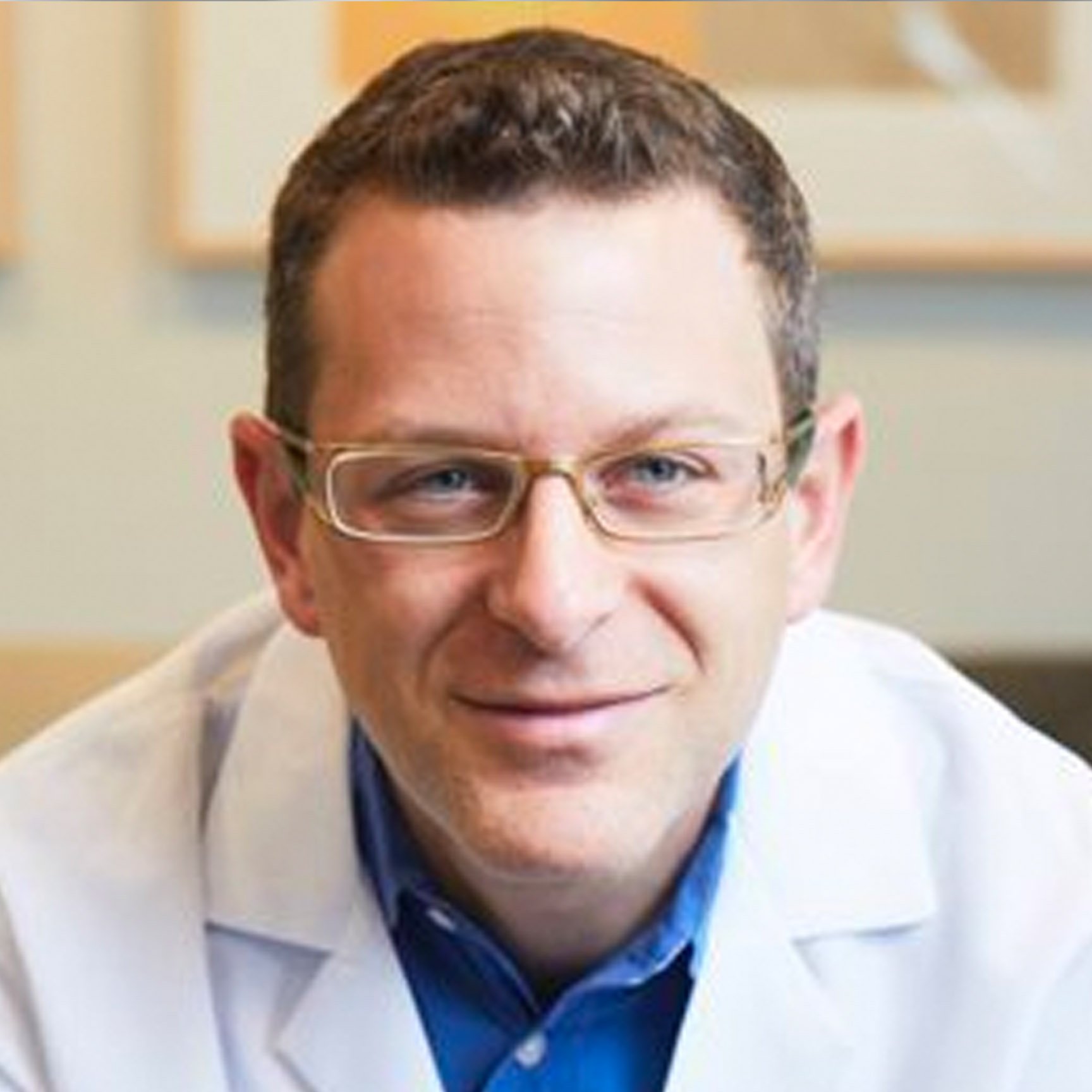
Richard S. Isaacson, MD, founded and directed the first Alzheimer’s Prevention Clinic in the United States at Weill Cornell Medicine/NewYork-Presbyterian Hospital in 2013, where he also served as Associate Professor of Neurology and Assistant Dean of Faculty. As a Preventative Neurologist and leading expert on Alzheimer’s Disease (AD), Dr. Isaacson is passionate about providing the latest evidence-based options for treatment and risk reduction. He conducts clinical and translational research at the Institute for Neurodegenerative Diseases, Florida, where he primarily focuses on individualized clinical management of AD using emerging principles of precision medicine. Dr. Isaacson also oversees a robust AD neurotherapeutics and education research program.
Richard Isaacson, IND Florida
Brain Health, Novel Alzheimer’s Treatment, Cognitive Vitality
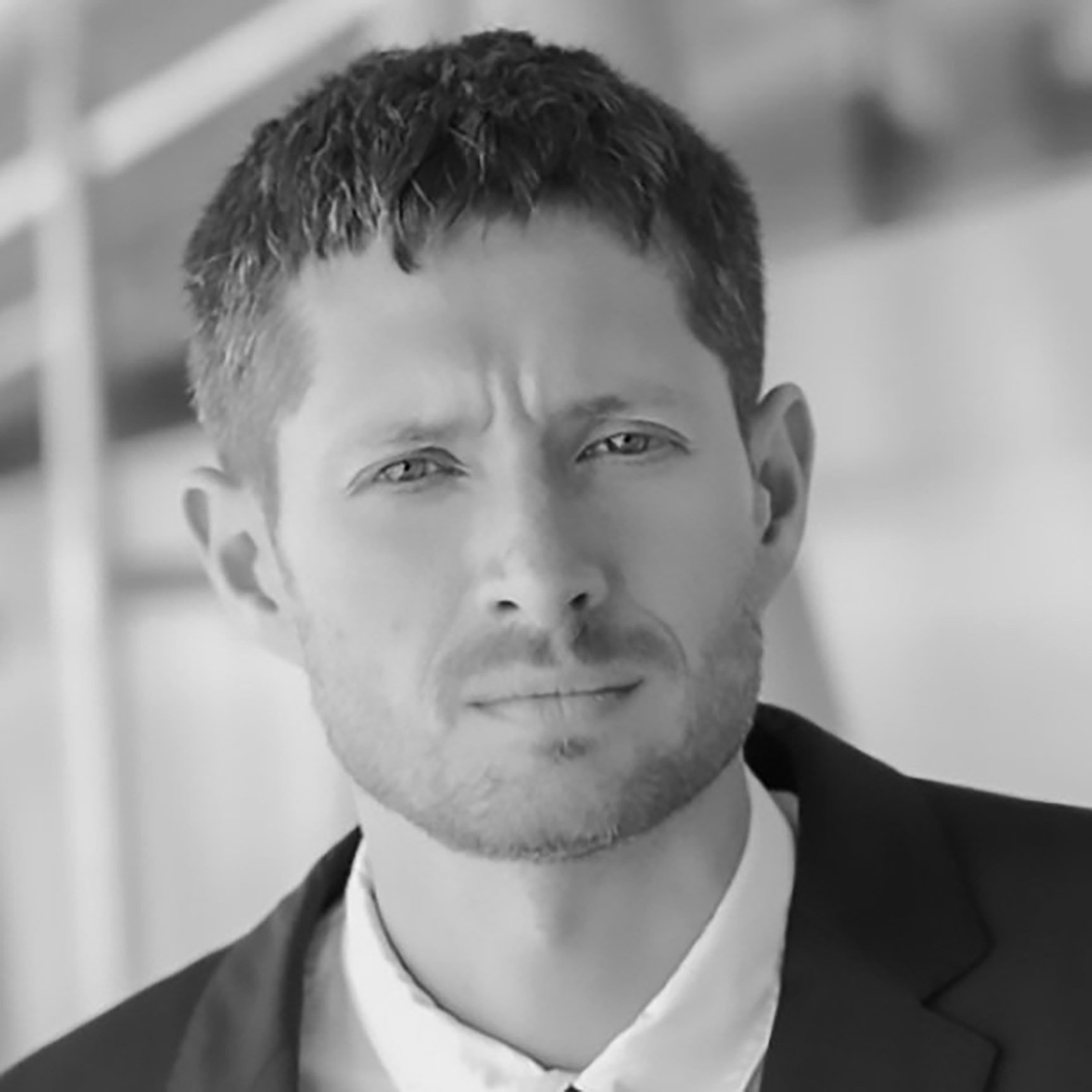
Robin is the Ralph Metzner Distinguished Professor in Neurology and Psychiatry and Director of Neuroscape’s Psychedelics Division at the University of California, San Francisco. He moved to Imperial College London in 2008 after obtaining a PhD in Psychopharmacology from the University of Bristol. Robin has designed human brain imaging studies with LSD, psilocybin, MDMA and DMT, and several clinical trials of psilocybin therapy for severe mental illnesses. Robin founded the Centre for Psychedelic Research at Imperial College London in April 2019, was ranked among the top 31 medical scientists in 2020, and in 2021, was named in TIME magazine’s ‘100 Next’ – a list of 100 rising stars shaping the future. His research is creating system-level change in mental health care.
Robin Carhart-Harris, UCSF
Psychopharmacology, Psilocybin Therapy, Mental Health Care

Nita Farahany is a pioneering futurist and leading authority at the intersection of law, ethics, and technology. As the Robinson O. Everett Distinguished Professor of Law & Philosophy at Duke Law School, and Founding Director of Duke Science & Society, she drives transformative discussions on technology's ethical implications. Her seminal book, The Battle for Your Brain: Defending the Right to Think Freely in the Age of Neurotechnology (2023), charts a pathway to cognitive freedom in an increasingly interconnected world. A highly sought after speaker, her insights resonate from TED stages to the World Economic Forum. Serving on President Obama’s Presidential Commission (2010-2017) and advising entities including the U.S. BRAIN Initiative and the World Economic Forum, her expertise influences global technology policy. With a JD and Ph.D. in law and philosophy from Duke University, an AB in Genetics from Dartmouth, and ALM in Biology from Harvard, Farahany's interdisciplinary background informs her role as a prominent voice shaping global discourse on emerging technologies. Her leadership has been recognized broadly, including by election to the American Law Institute, AAAS, appointment to the Uniform Laws Commission, and her advisory role for Scientific American.
Nita Farahany, Duke
Ethical & Legal Implications of Neurotechnology Advancements
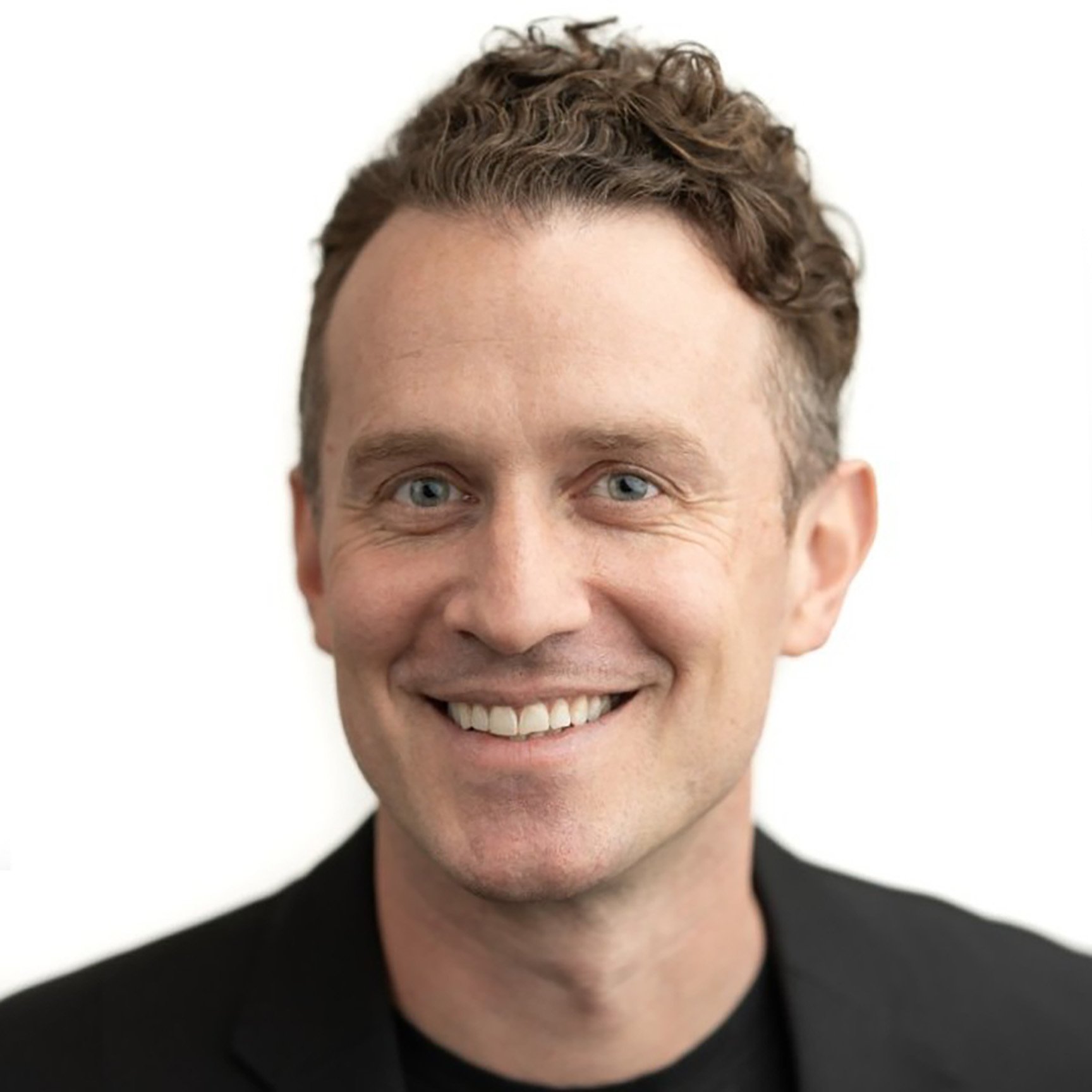
Thomas J. Oxley is a brain-computer interface specialist and the founder and CEO of Synchron, a neural interface technology company. At Synchron, Oxley is developing an endovascular, implantable brain-computer interface, Stentrode, which aims to provide treatment for patients with debilitating illnesses. The device can record stable brain activity from within a blood vessel and transmit features of motor intent that can drive control of digital consumer devices. Synchron recently completed enrolment its second human clinical trial and is preparing for a pivotal clinical trial ahead of an industry first market approval. Oxley completed his PhD in neuroscience at the University of Melbourne. He completed an endovascular neurosurgery fellowship at Mount Sinai Hospital in New York. He has performed more than 1,600 endovascular neurosurgical procedures and has published more than 130 internationally peer reviewed articles (H-Index 30) in journals including Nature Biotechnology, Nature Biomedical Engineering, New England Journal of Medicine and The Lancet.
Thomas Oxley, Synchron
Novel Neurointerventional Techniques, Neuroprosthetics, BCIs

Dr. Adam Gazzaley obtained an M.D. and Ph.D. in Neuroscience at the Mount Sinai School of Medicine in New York, completed Neurology residency at the University of Pennsylvania, and postdoctoral training in cognitive neuroscience at University of California, Berkeley. He is currently the David Dolby Distinguished Professor of Neurology, Physiology and Psychiatry at University of California, San Francisco and the Founder & Executive Director of Neuroscape, a translational neuroscience center at UCSF engaged in technology creation and scientific research.
At Neuroscape, he leads the design and development of novel brain assessment and cognitive optimization technologies to advance education, wellness, and medicine practices. Neuroscape’s novel approach involves the development of custom-designed, closed-loop video games integrated with the latest advancements in software and hardware (virtual/augmented reality, motion capture, mobile physiological recording devices, transcranial electrical brain stimulation). These technologies are then advanced to rigorous, placebo-controlled research studies that evaluate their impact on cognition, as well as the neural mechanisms of these effects using a combination of functional magnetic resonance imaging (fMRI), electroencephalography (EEG) and transcranial magnetic stimulation (TMS).Dr. Gazzaley has filed multiple patents for his inventions, authored over 180 scientific articles, and delivered over 700 invited presentations around the world. His research and perspectives have been consistently profiled in high-impact media, such as The New York Times, New York Times Magazine, New Yorker, Wall Street Journal, TIME, Discover, Wired, PBS, NPR, CNN and NBC Nightly News. He wrote and hosted the nationally-televised PBS special “The Distracted Mind with Dr. Adam Gazzaley”, and co-authored the 2016 MIT Press book “The Distracted Mind: Ancient Brains in a High-Tech World”, winner of the 2017 PROSE Award in the category of Biomedicine and Neuroscience.Dr. Gazzaley has received many awards and honors, including the 2015 SfN Science Educator Award, the 2020 Global Gaming Citizen Honor and was named in Newsweek's 2021 Inaugural list of America’s Greatest Disruptors.
Adam Gazzaley, UCSF
Development of Novel Brain Assessment and Optimization Tools

Aza is a National Geographic Explorer and co-founder of Earth Species Project, a nonprofit dedicated to translating animal communication. He is also the co-founder of the Center for Humane Technology, was an architect and subject of the documentary The Social Dilemma, and is the co-host for the popular podcast Your Undivided Attention. Trained as a mathematician and dark matter physicist, he has taken three companies from founding to acquisition, is a co-chairing member of the World Economic Forum’s Global AI Counsel, briefs heads of state, helped found Mozilla Labs, in addition to being named FastCompany’s Master of Design, and listed on Forbes and Inc Magazines 30-under-30.
